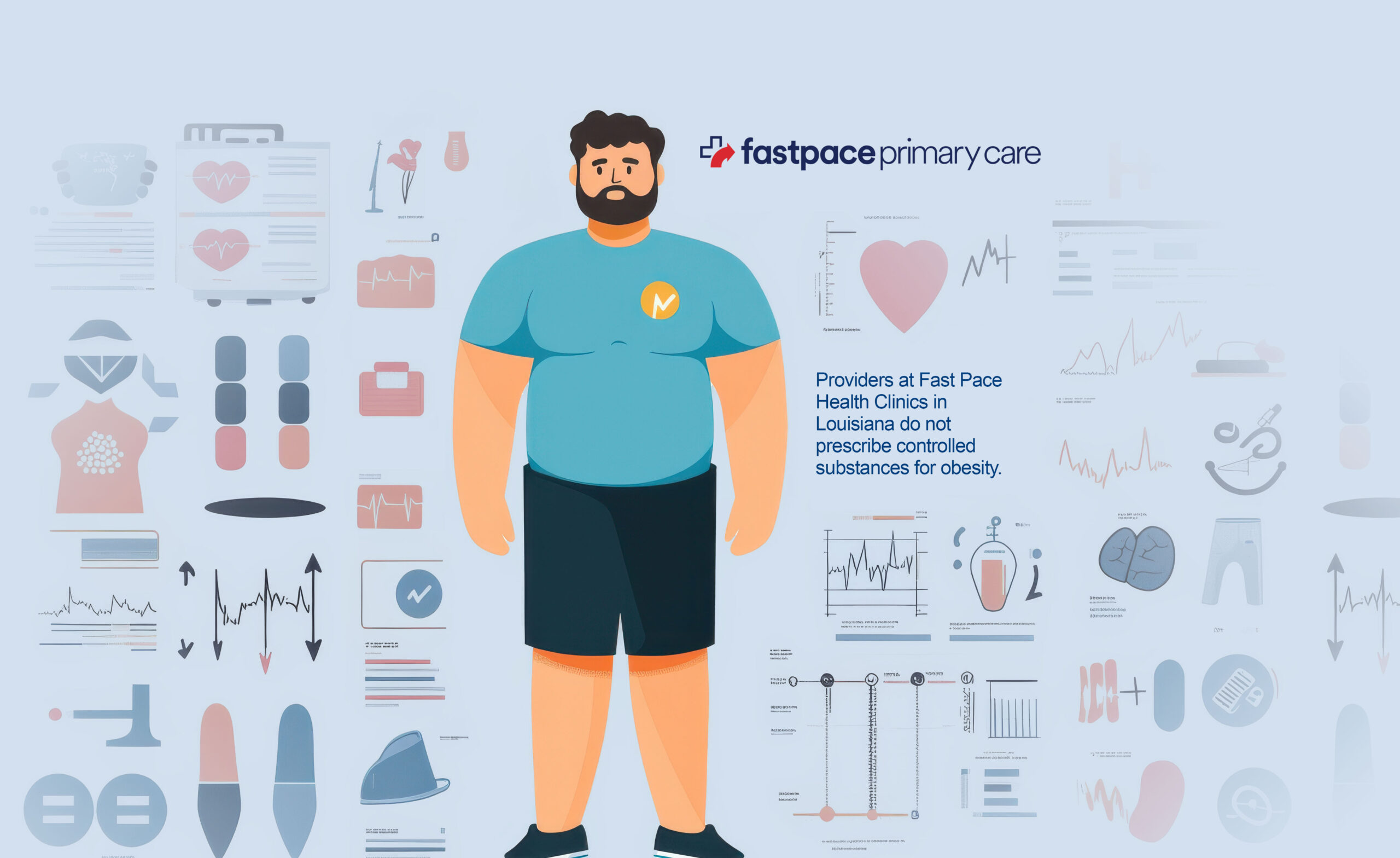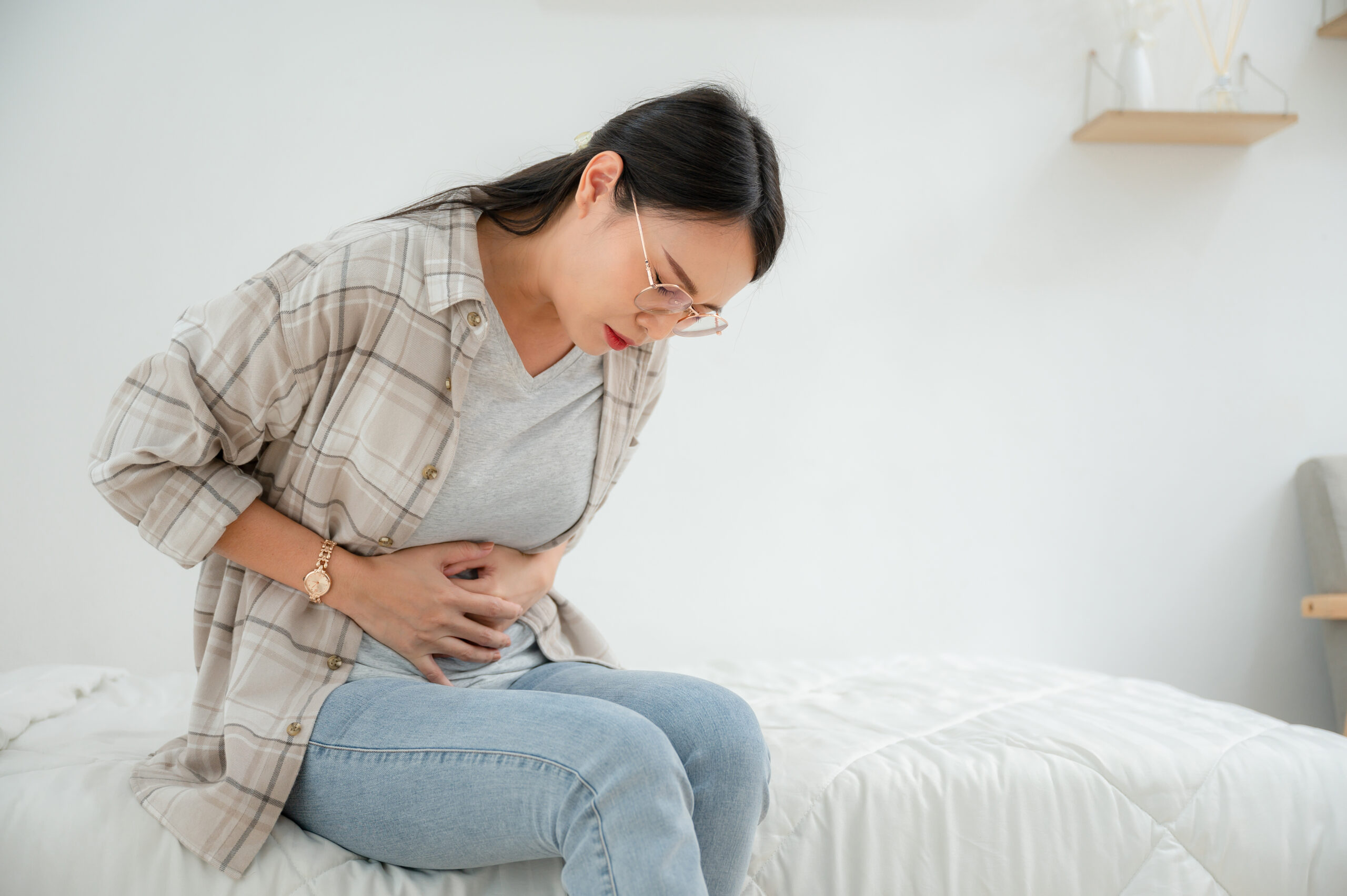Understanding Perimenopause and Menopause: A Comprehensive Guide
Perimenopause and menopause are significant life stages that every woman will likely experience. As they’re intricately tied to our overall health and wellness, understanding these biological phases is essential. Let’s delve deeper into these critical periods, shedding light on what they entail and how to manage the physical and emotional changes they bring.
Perimenopause, often called “menopause transition,” starts several years before menopause. During this phase, the ovaries gradually produce less estrogen, which can last anywhere from a few months to ten years. Usually, perimenopause begins in a woman’s 40s but can start as early as the 30s.
Perimenopausal symptoms vary in severity and frequency. They include irregular periods, hot flashes, sleep disturbances, mood swings, vaginal dryness, and bladder control issues. Although these may cause discomfort, they are generally a normal part of the transition.
Menopause marks the end of the reproductive years, officially diagnosed after a woman has gone 12 months without a menstrual period. Most women reach menopause between the ages of 45 and 55, with the average age in the U.S being 51.
Menopause, like perimenopause, can have various symptoms. These might include those experienced during perimenopause and can extend to thinning hair, dry skin, and weight gain. Some women also experience changes in memory and concentration during menopause.
Hormonal shifts during menopause can also increase the risk of certain health conditions, such as heart disease and osteoporosis. Thus, maintaining a healthy lifestyle becomes even more vital during this stage.
It’s essential to remember that every woman’s experience with perimenopause and menopause is unique. What may seem like a typical symptom for one might not be for another. Therefore, open communication with healthcare professionals is vital to help manage these transitions effectively.
While these stages may seem daunting, various treatments can help manage the symptoms and ensure your health remains optimal. These range from hormone therapy to natural remedies and lifestyle modifications. Regular exercise, a balanced diet, adequate sleep, and stress management techniques can help reduce the intensity and frequency of symptoms.
Perimenopause and menopause are not just about the end of fertility but a transition to a new stage of life, often marked by personal growth and a new sense of freedom. With the right information and healthcare guidance, this journey can be navigated smoothly, ensuring a high quality of life during these transformative years.
In conclusion, understanding and being prepared for perimenopause and menopause can go a long way towards ensuring your wellbeing during these stages. The key lies in education, understanding your body’s changes, and maintaining an open dialogue with your healthcare providers.
To learn more about Fast Pace Health’s Primary Care services, click the link: https://fastpacehealth.com/service/primary-care/
Related Resources


